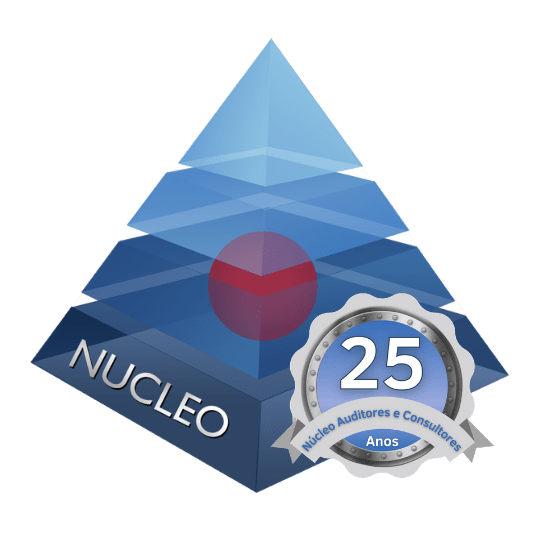PART 3: AUDIT PROFESSIONAL
In the previous article, we focused on disruptive technology, presenting some disquieting issues for professionals working in the accounting area and the speed with which these innovations impact the daily lives of these professionals. In this one, we will focus on auditing, a noble activity performed by accounting professionals.
In this increasingly technological, complex and challenging disruptive scenario, how are auditors incorporating these new technological tools into audit procedures and what is expected or better, how far can disruptive technology reach, can it affect the business model of auditors? There, some questions are presented:
Will sampling work cease to exist?
Analytical methods that change the audit process.
Assertiveness in data extraction for transaction validation and internal controls
Audit by exception (Continuous Analysis / Trend Analysis)
Shortage of qualified information for decision making.
Regulatory environment growth is a challenge for auditors and accountants
The more analytical model of the Auditors’ Report is an indication for future changes in the format of the Financial Statements with fewer numbers and more narratives about the companies’ performance.
Requalification of Auditors, absorption of new knowledge and multidisciplinary teams
The relationship between human beings and artificial intelligence will be the new paradigm to dictate auditing processes. This interaction aligned with the need of a portion of society, interested in the quality of the financial information disclosed, which is extremely useful for decision-making, will allow the audit work to be more assertive, enabling professionals to carry out the dreamed analysis of 100% of the transactions of entity, thus abandoning the methodology of testing based on samples.
There is already talk of continuous and real-time auditing, that is: artificial intelligence monitoring transactions at the moment they occur, which radically alters the prolonged focus of a past that demanded excessive time and the involvement of several professionals.
The essence of an audit is the issuing of an opinion on an entity’s financial statements. The work is conducted based on international auditing standards which, in general terms, establish a methodology, based on the understanding of the business and a careful assessment of risks involving the object of the audit. Governance for the preparation of the audit program that, ultimately, after its application, should provide answers to the identified risks as well as control and substantive evidence that support the issuance of the Report.
Disruptive technology, mainly through Artificial Intelligence, will act in activities that demand excessive time and need less judgment, such as data extraction and analysis of large volumes of data. It will be up to the auditor, human beings, to apply their experience, knowledge and creativity in the interpretation of data and judgment capacity, delivering more effective results to the interested parties.
